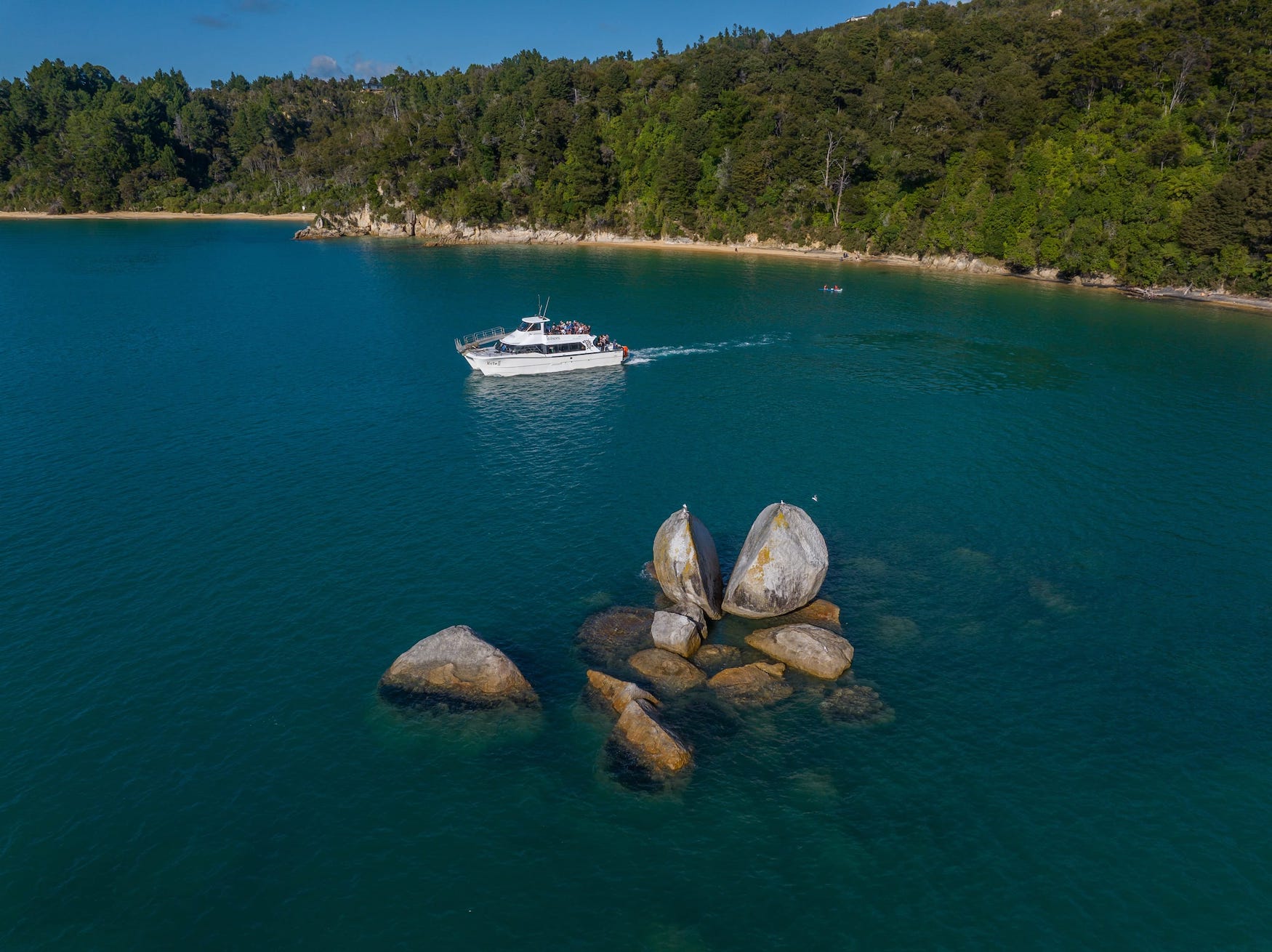Recent fuel price increases have prompted many people to ponder an electric vehicle (EV) as their next car. There’s no doubt that EVs are the way of the future, with many manufacturers planning to sell only zero-emissions cars by 2030. A survey reported by the Grattan Institute found that 56 per cent of Australians would consider going electric with their next car purchase, while the share of consumers who would not purchase an electric car is declining quickly.
I have been watching prices and technology, waiting for the right time, so I asked local EV enthusiast and landscape photographer Christian Fletcher about his experience.
Christian waxed lyrical: “I recently bought a Tesla Model 3 Performance,” he told me. “I have had it for six months and it is the second electric car I have owned. The first one was a BMW i3 and I had that for five years.”
Christian says the features most people love about Teslas are the performance, the range and the fact you don’t need to service them. “My car accelerates from 0–100 kmph in 3.3 seconds. Maybe not a feature everyone is looking for but I have always been a rev head. The real world range (what you actually expect to get from a full charge) is around 480 to 500 km. When you buy the car, servicing isn’t even mentioned as little to none is needed. It is a whole new way to think about what a car should be.”
But what about the cost? The high price of petrol means that it’s predicted that the total cost of ownership (up-front and running costs), will reach parity with traditional cars for the first time in Australia within the next 12 to 24 months. Savings in running costs are a significant factor.
“We charge our Tesla at home off our solar system,” Christian said. During the day it is plugged in and the energy comes free from the sun. I often say I am burning sunbeams when driving the car. So the immediate benefit is no fuel costs if you do it this way. Also there are next to no servicing costs. They are quieter, smoother, faster and better in all ways.”
While electric car sales have tripled in Australia since 2020 to 20,655 last year, they make up only two per cent of all vehicles sold nationally. In Norway, nearly 75 per cent of new car sales were plug-in electric vehicles in 2020. So why are we so far behind other countries such as Europe?
The Australian Automobile Association says lack of regulation on emissions is hindering uptake and the car industry is calling for national standards. The Electric Vehicle Council points to government inaction on EV incentives and infrastructure. On May 10 the WA State Government announced an electric vehicle support package including $3500 rebates for buyers spending less than $70,000.
Christian says that battery recharging points are expanding.
“Range anxiety is about to be a thing of the past with Synergy rolling out what they are calling the EV highway. There will be electric fast chargers installed every 200 kilometres from Esperance to Kununurra. Ampol is also about to instal around 160 new electric chargers at their petrol stations. The world is changing.”
He also points to the environmental benefits of EV technology. “I see the move to green transport as vitally important if we are to tackle climate change. Everyone benefits from less air pollution. Electric cars are quiet and have no emissions, imagine how that can transform a city or town.”
I asked Christian what he would say to someone considering buying an electric car.
“You must think seriously now about an electric car as your next purchase,” he said. “With falling prices of the cars, increasing prices of fuel and more data on the benefits of electric vehicles, it is becoming very compelling. Most people who own electric cars never have to go to a charging station or petrol station ever again. You can use cheap smart power and charge the car overnight and wake up every morning with a full tank.
The other development that is happening is using your electric car to power your house during the times when solar isn’t working, you have a blackout or you want to pay less and use the renewable energy your car has stored during the day.
“The problem with renewable energy has always been storing it. With everyones electric car plugged into the grid, these become the biggest battery we could ever hope for.”
I think I’m sold! What about you?






























